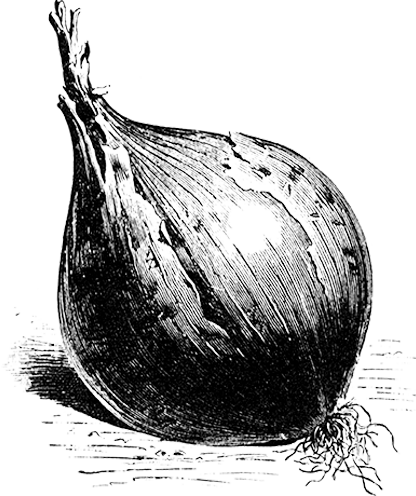Information
Finally it's back again, thanks to interested Swedish seed growers, who have cultivated the new seeds of this favourite among mange touts. It is tall (at least 150 cm), richly yields the finest pods one can imagine, 11-12 cm long and 2-3 cm wide, beautifully green and fleshy. These pods can remain longer on the plant without getting fibrous too. English sabre grows well in our climate but is not approved on the official list of sorts of EU and may therefore only be sold in portions to hobby growers.
A portion contains about 35 seeds.
| Product number: | 9270 |
|---|---|
| Scientific name: | Pisum sativum var. saccharatum |
| Botanic family: | The Bean Family - Fabaceae |
| Organic: | Yes |
| Days to maturity: | 63 |
| Lifespan: | Annual |
| F1 Hybrid: | No |
| New variety: | No |
| Sowing time: | April–July |
| Sowing depth: | 3–4 cm |
| Germination temperature: | 15-24°C |
| Germination time: | 7–10 days |
| Plant spacing: | 5–8 cm |
| Row spacing: | 35–50 cm |
| Height: | 150–200 cm |
| Plant location: | Sun |
| Harvest/blooming: | June–frost |
| Seeds/g: | 2–4 seeds |
| Heirloom variety: | Yes |
Cultivation advice
Sowing
Mangetout peas are sown as soon as the soil is ready and then continually from spring through summer. Sow the peas about 3 cm deep, possibly a little deeper when sowing in summer because of the need for moisture.Spacing
Sow with a space of 5-8 cm between the plants and 35-50 cm between the rows. Peas can also be sown in double rows of 10-15 cm between the rows or scattered in broad bands. Tall and medium tall sorts need something to climb on.Harvest
The mangetout is harvested before the seeds have developed appreciably.Peas tolerate 1 degree or 2 of frost in autumn but easily become spotted and loose their crispness after a few nights of frost. All kinds of peas are eaten fresh, boiled or fried etc. They can also be dried, frozen or preserved.
